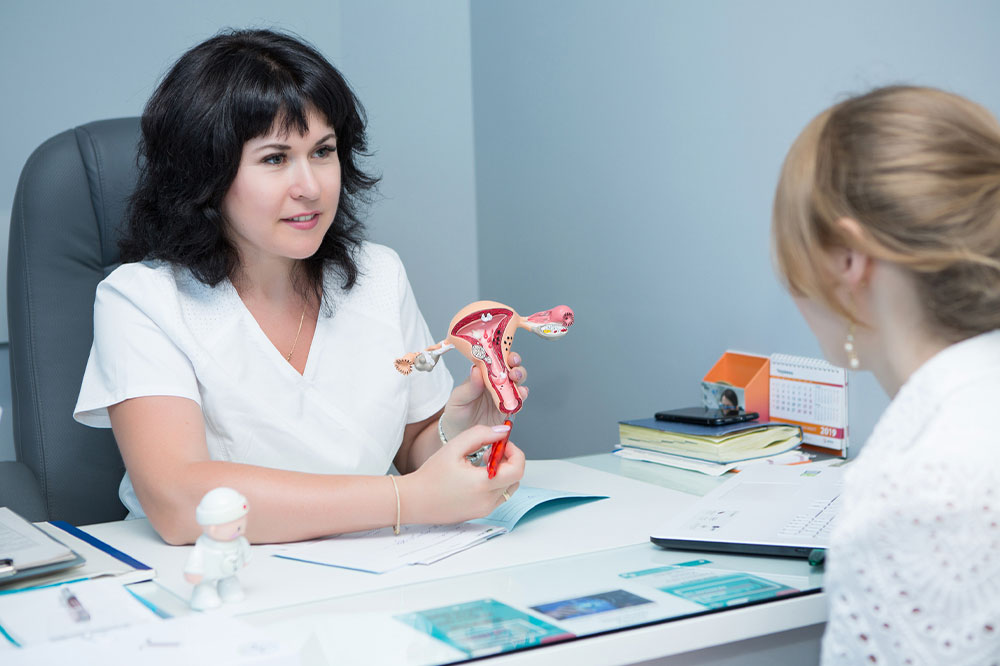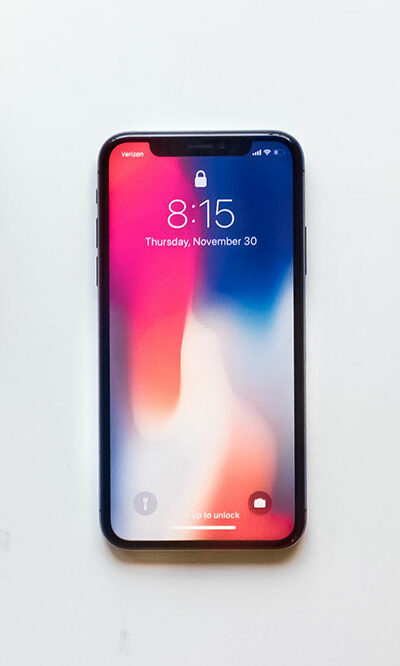6 mistakes to avoid for a healthy bladder

As unassumingly simple as it may seem, there is a wrong way to pee! Making common peeing mistakes can impact bladder health and make one more susceptible to microbial infections, loss of bladder control, or urinary incontinence. That is why it is important to be aware and make certain lifestyle changes to improve one’s health. Here are six of the most common peeing mistakes one should avoid for a healthy bladder:
Holding the pee in for too long
Sometimes, one may need to hold their pee for too long at concerts or on long drives. However, making it a habit can cause urinary infections. Since urine isn’t sterile, holding it in for too long gives the bacteria a chance to grow and multiply, increasing the chances of infection. It can also cause a lack of bladder control over time.
Not fully emptying the bladder when peeing
Not fully emptying the bladder can also increase the risk of infections and loss of bladder control. This is also known as urinary retention. Blockages, infections, swelling, and neurological conditions may cause urinary retention and may warrant expert intervention.
Increasing intake of caffeine
Caffeine is a bladder irritant that increases the urge to pee. It promotes water loss and may cause pain and discomfort. In certain cases, it can also worsen the symptoms of an overactive bladder. The recommended daily caffeine dosage limit for healthy adults is 400 mg or four cups of coffee.
Ignoring recurrent UTIs
Urinary tract infections occur when bacteria enter the urinary tract. Recurrent or untreated UTIs can lead to scarring in the bladder or prostate and affect the ability to urinate. Women are at a higher risk of contracting UTIs due to a shorter urethra.
Eating vitamin C-rich foods
Although vitamin C is known for its immune-boosting properties, too much of it can cause kidney stones.







